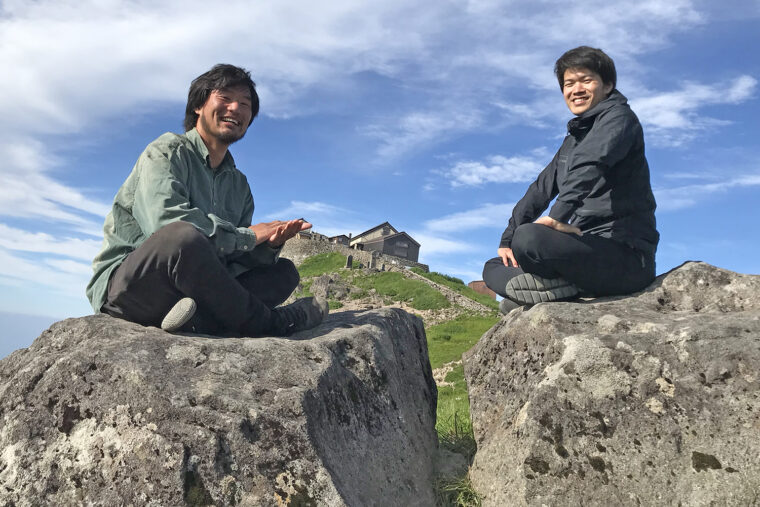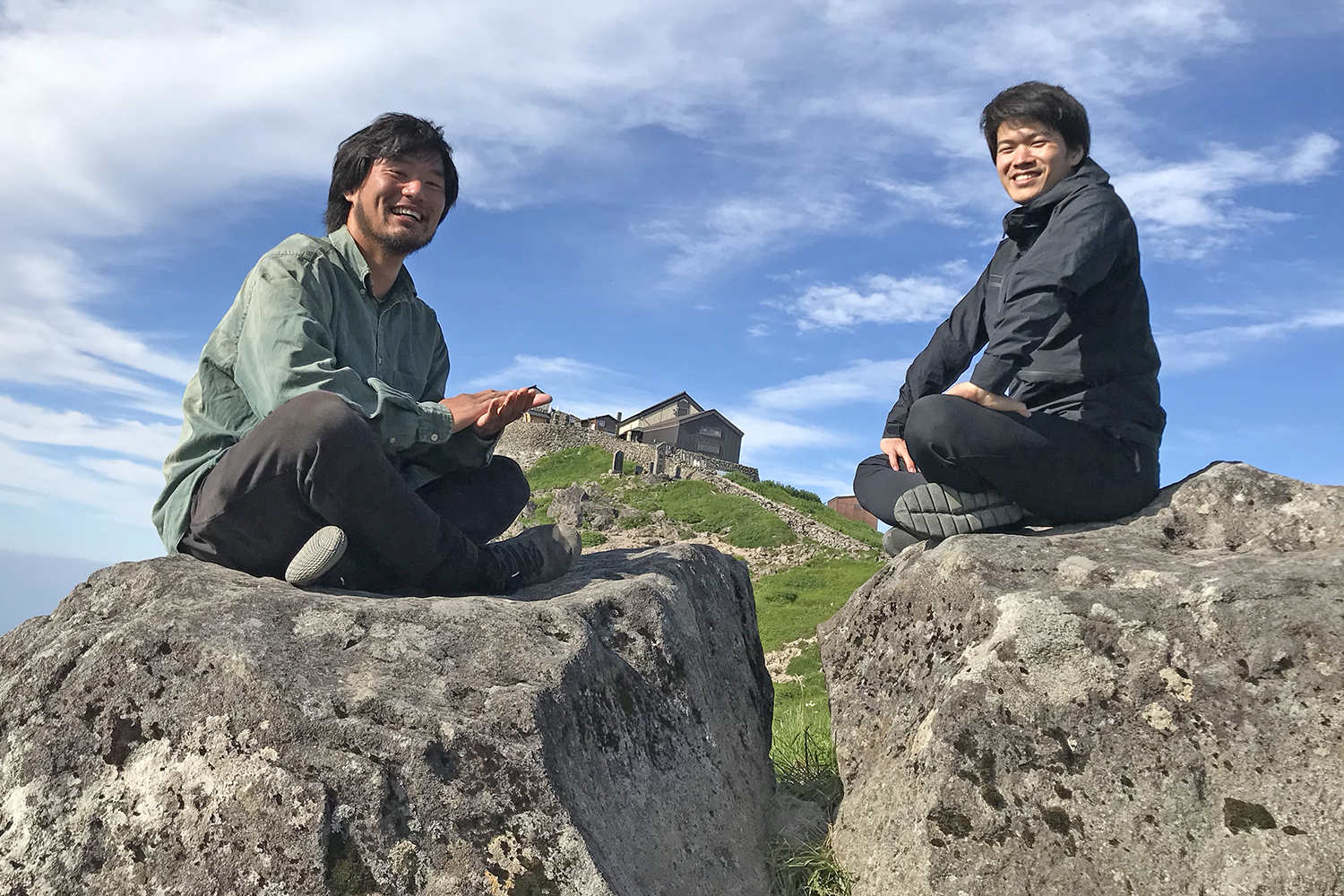Alumni Create Environment-Focused Summer School for Youth in Japan


For a truly sustainable future, Class of 2016 alumni Kotaro Aoki and Kota Uno believe it’s crucial to teach people how to view—and properly “use”— nature.
“Education is the most important piece in solving the root cause of climate change and environmental problems,” Aoki said. “If we don’t change our mindset, the same problem continues to rise no matter how drastic changes on the surface are.”
After reuniting recently in Fukushima, Japan during the COVID-19 pandemic, Aoki, a philosophy major, and Uno, a College of Social Studies major, discovered a shared interest in climate change. They agreed that they needed to help youth discover a deeper interest and respect for their natural environment. After months of planning, the duo, along with several other Wesleyan alumni, organized an environmental education program for Japanese youth to take place this summer in Aizuwakamatsu, near Fukushima.
From Aug. 17 to 20, the Kotowari Aizu Summer School program will help youth learn the relationship between humans and nature and reimagine a way of life moving forward. Kotowari is a Japanese word that means “unchanging law of truth that governs humans and the environment.”
“We’re not attempting to promote a certain idealism, value, or message, such as ‘let’s protect our environment for the future generation,'” Aoki said on the program’s website. “This is because we value individual journeys to reach their own conclusions. To promote that individual process, we will expose the youth to diverse perspectives on environmental and climate crises and help them unearth their thoughts and values.”
The idea for the summer program originated after Aoki returned to Fukushima after spending three years in India practicing ascetic meditation in the Himalayas. He had hoped to bring back “the sense of awe and prayer to today’s world, which used to be at the center of human life for thousands of years.” Uno, who was working as an organic farmer in Fukushima, was learning alternatives for human beings and nature to co-exist.
“We each shared a conviction that climate change and other environmental problems originate from the way we are today in relation to nature, which is totally out of sync with what nature truly is,” Uno said.
The duo knew they’d need more manpower to start a program, so they recruited other likeminded Wes alumni—molecular biology and biochemistry major Jianyi Lu ’17; government major Kohei Saito ’09; College of Social Studies major Yusaku Takeda ’14; and government and feminist, gender, and sexuality studies double-major Shizuha Hatori ’18 to help organize and teach the school.
The inaugural summer school will be small—capped at 20 participants between the ages of 15 and 22. Topics will include moral dilemmas of climate change, creating “value” in the economy and how that impacts the natural world, technology in connection with natural resources, the distinction between humans and nature, and finding a potential deeper meaning of nature.
Participants will engage in outdoor activities and discussions to gain first-hand experience and be exposed to different viewpoints.
The program is currently supported by Earth & Human, an environmental NPO founded by Japanese actor Ebizo Ichikawa. The co-founders also are leading a crowdfunding campaign in which donors are connected to activity reports, access to online lectures, and a Aizu Nature Blessing Course.
“Together, the program aims to lay the foundation for the youth to think deeply and take action regarding the climate crisis,” Uno said.
The group is looking for like-minded collaborators. Email info@kotowari.co for more information.

